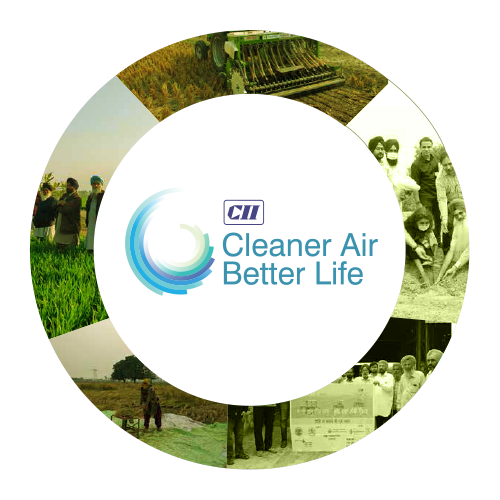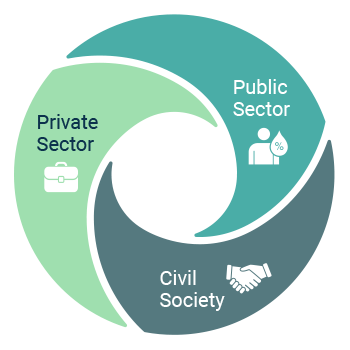Clean Air is a Fundamental Right; Achieving it Requires Collective Effort

Industry needs to bring in the right kind of technology; commit to continuously reduce emissions and keep improving the environment as part of growing its business, states Ashwath Ram.
Mr Ashwath Ram
Chairman, CII Cleaner Air Better Life (2023-24)
Managing Director, Cummins Group in India
CII National Initiative: Clean Air Better Life Working in Mission Mode
By 2070, we will be carbon neutral and the India CEO Forum for Clean Air is trying to figure out how we can drive the agenda for clean air. The CII National Initiative of Clean Air Better Life (CABL) is the mode and mechanism that we are using to address some of these challenges, especially that of air quality. Our aim is to identify solutions within our Industry to address pressing air quality issues. By creating platforms for collaboration with other stakeholders, including governance bodies, we can foster awareness and behavior change. This comprehensive approach will accelerate progress towards cleaner air and a healthier environment for the nation.


Developing a Playbook for Clean Air Actions in Cities
We are also trying to figure out what is the bigger impact of public health within the city, which are the most polluted areas within the city, how do you tackle those areas where you can get the maximum impact, by developing a multi-year approach with involvement from all the stakeholders. Our goal is to create a comprehensive action plan that can be adapted by any city. We already have a workbook of 10-15 actions which a city can adopt to accelerate their path towards clean air, without reinventing the wheel.
Government, Industry, Civil Society Should be Aligned

The aspects of the government, industry and civil society all being aligned towards a common objective is essential for any collaborative effort to be successful. So let's look at each of the players in this. The Government has set the target and it needs to provide the right kind of incentives; funding the infrastructure; help in promoting industries and providing society the right ways, means, tools and resources to enable this to happen.
Next, it’s the turn of the Industry to optimize on these incentives, funding, and the opportunity to make its own investment. Industry needs to bring in the right kind of technology; commit to continue reducing emissions as well as improve the environment as a part of growing its business and becoming more profitable.
Finally, it's about Society and its acceptance of what are we trying to do, how do we change the basic requirements of our society so that people have access to cleaner environment. Better infrastructure and investment in newer technologies, for example in solar and batteries, all of which may be slightly more expensive today but as we move towards 2070 the cost advantages of scale will also help these become more affordable.
Improved Air Quality Leads to Multiple Social and Economic Benefits

When we look at the economic benefits of clean air, it's very straightforward. The biggest benefit is the health of our population which is impacted by unclean air. More people with asthma, more children falling ill, more respiratory diseases and all the data shows that there's a direct correlation between people who go to hospitals more and individual’s productivity. People don't show up at work, they're not able to work well, and they choose not to go out because it is so polluted during certain parts of the year. So, the benefits of clean air include reduced healthcare costs, people not getting so sick so automatically they live better, longer and are able to do the kinds of things they want to in their life, which ultimately impacts the productivity of the economy. Clean air is a fundamental right and achieving it requires the collective effort of governments, industry and all of society.
Explore the latest thoughts on World Environment Day, 2024 from our exclusive interview with Mr. Ashwath Ram. Check out the edited excerpts from the interview, originally shared on CII's On Air in June 2024. Interested in learning more? Watch the full video on LinkedIn.

This article features highlights from Mr Ashwath Ram’s interview for the On Air Series, a podcast on air quality management by the CII Cleaner Air - Better Life Initiative. The podcast was released in June 2024.
